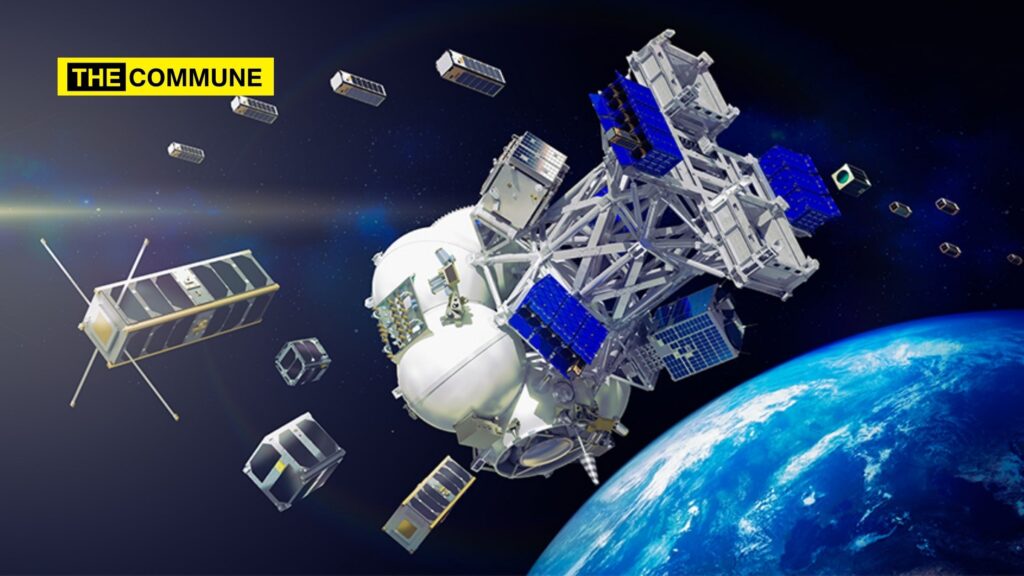Former Defence Research and Development Organisation (DRDO) chief V K Saraswat and NITI Aayog member on Tuesday (15 September) said that small satellites will dominate the global space sector.
By 2027, around 7,000 small satellites are expected to be launched with a total value of $38 billion (₹2.7 lakh crore). That is why the Indian Space Research Organisation (ISRO) is planning to launch a small satellite launch vehicle (SSLV) that will be used exclusively to launch small and nano-satellites.
Saraswat said this during a presentation at the inaugural session of the International Space Conference and Exhibition ‘Ushering the New Era in Indian Space Sector’, organised by the Confederation of Indian Industry, on Tuesday.
India only has a market share of 2% of the global space economy worth $348 billion.
Right now the Indian space economy is valued at $7 billion which is very small and plans are in motion to increase India’s market share.
From 2012 to 2017, over 1,000 small satellites were launched and the government and commercial sectors are want to capitalise on this.
Saraswat talked about the need to develop a model for the promotion of startups with independent technology ideas. He also said that the Modi government should pay serious attention towards starting a national fund to promote entrepreneurship in the space sector on the lines of US space agency NASA and European Space Agency.
He said, “With no particular, dedicated, independent space commerce assessment body for space-related activities or a dedicated road map within ISRO for commercial space in India, there is a need to establish an ‘Office of Space Commerce’ that is independent of ISRO.”
The Niti Aayog member also mentioned the clear demarcation of space and defence activities as issues around national security will always be a concern when an actor (country) chooses to pursue space activities. He made it clear that national security should not be used as a method to hold back possible commerce possibilities in utilising outer space.
Saraswat also talked about the opening of space-based tourism, space-based energy and power, space manufacturing, asteroid mining and deep space missions. Innovative space technologies, services and business models will be game-changing to the space industry.
He said, “By 2030, the new space economy will find ways we can live sustainably beyond our planet, creating new jobs, companies and opportunities,”.
He cautioned that unless India does not develop a new space economy, the low-cost launch of small satellites into the low-earth orbit which is the focus for international satellite communication worldwide and the absence low-cost connectivity throughout the country it will be impossible to achieve PM Modi’s Digital India target.

